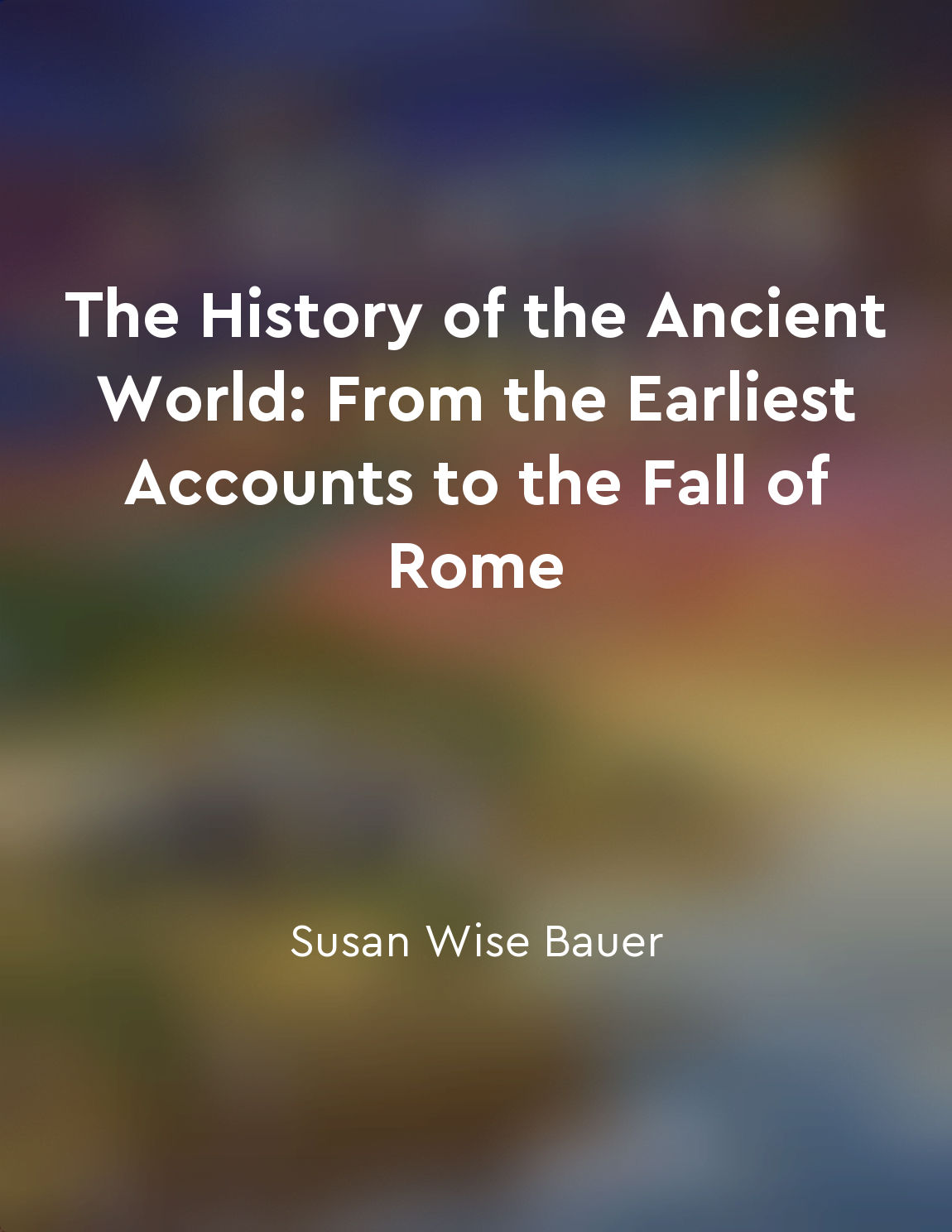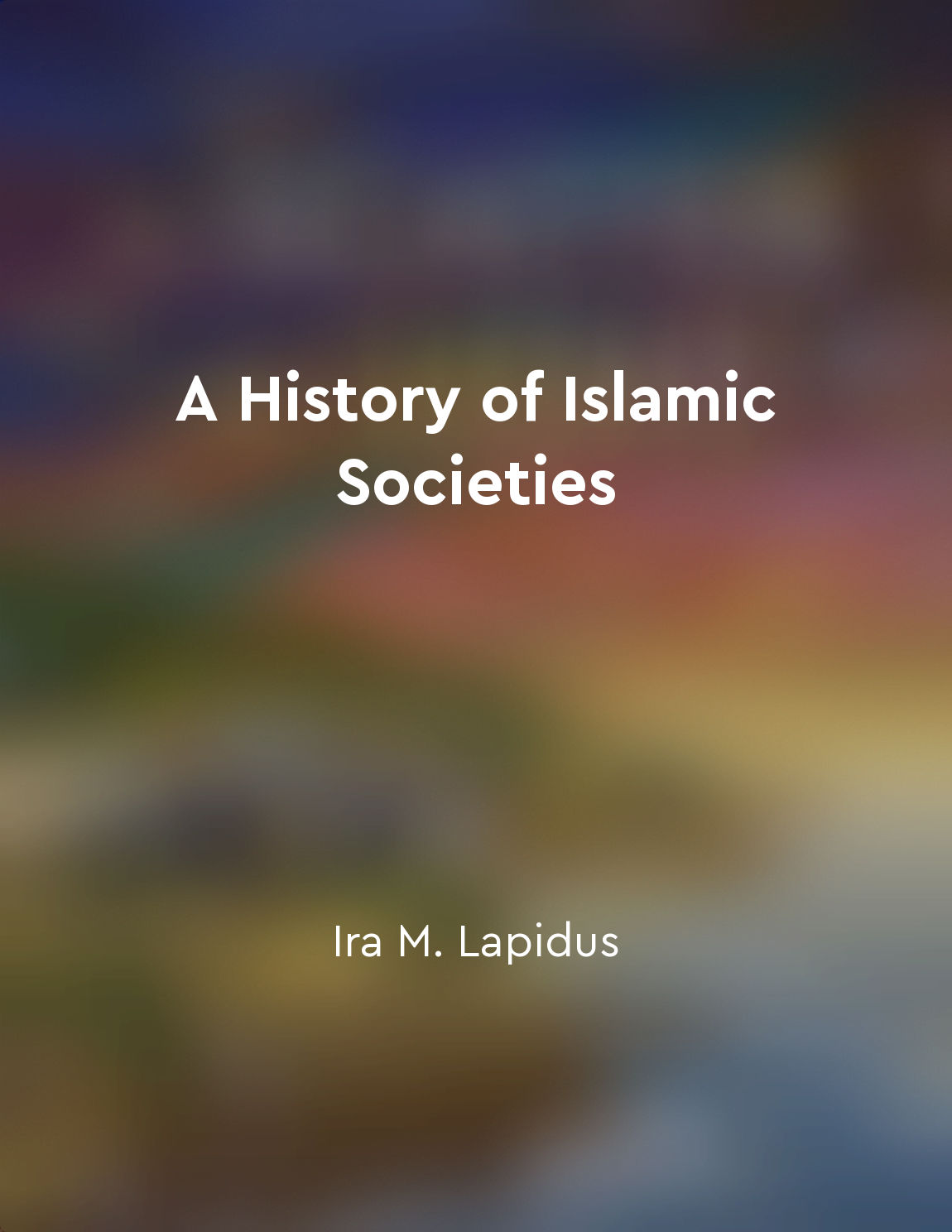The caliphate was a key political institution in early Islamic societies from "summary" of A History of Islamic Societies by Ira M. Lapidus
The caliphate, as a political institution, played a crucial role in the early Islamic societies. It was established after the death of Prophet Muhammad to lead the Muslim community and uphold Islamic principles. The caliph was seen as a religious and political leader, responsible for maintaining law and order, resolving disputes, and promoting justice. The concept of the caliphate was based on the idea of succession from the Prophet, ensuring continuity in leadership and governance. The caliphate was not just a symbolic position but held real power over the Islamic state. The caliphs had authority to make decisions on matters of governance, economy, and foreign policy. They were expected to rule in accordance with Islamic teachings and consult with scholars and advisors to ensure the welfare of the community. The caliphs also served as military commanders, leading armies in defense of the Islamic state and expansion of its territories. The caliphate was a unifying force in early Islamic societies, bringing together diverse peoples under a common leadership. It helped to maintain stability and order, preventing internal conflicts and external threats. The caliphs were seen as the successors to the Prophet, embodying his teachings and serving as a source of guidance for the Muslim community. The caliphate evolved over time, with different dynasties and empires shaping its structure and functions. Despite internal disputes and rivalries, the caliphate remained a central institution in Islamic governance, providing legitimacy and continuity to the political system. The concept of the caliphate reflected the importance of leadership and authority in early Islamic societies, highlighting the role of religion in shaping political institutions.Similar Posts
Forgiveness
The concept of forgiveness is a central theme in the life of Hazrat Muhammad (SM). He exemplified forgiveness in all aspects of...
Allah's revelation
The Qur'an is a divine book that Muslims believe to be the literal word of Allah, revealed to the Prophet Muhammad over a perio...

Examine the impact of barbarian invasions on the Roman world
The Roman world faced a significant challenge with the arrival of barbarian invasions. These invasions had a profound impact on...

Sufism was an important spiritual tradition in Islamic societies
Sufism emerged as a significant spiritual tradition within Islamic societies, offering a unique approach to understanding and e...
Hadith are essential for interpreting the Quranic verses
Hadith serve as a crucial source for understanding and interpreting the Quranic verses. The Quran itself does not provide detai...
The Southern Kingdom of Judah faced Assyrian and Babylonian invasions
During the 8th century BCE, the Southern Kingdom of Judah found itself in a precarious position as the mighty Assyrian Empire b...

ISIS used brutality to gain territory
In the early days of its existence, ISIS was not yet the monstrous entity that would come to terrorize the world. Instead, it w...
